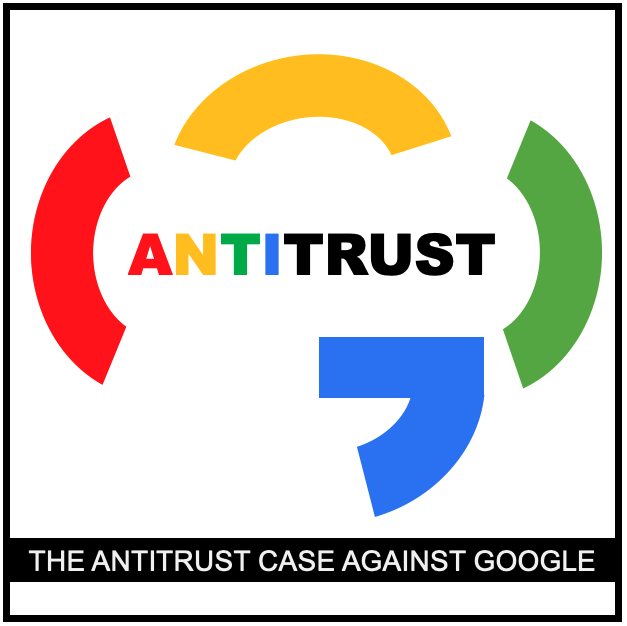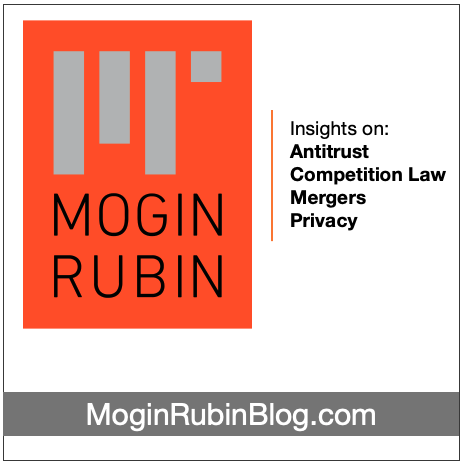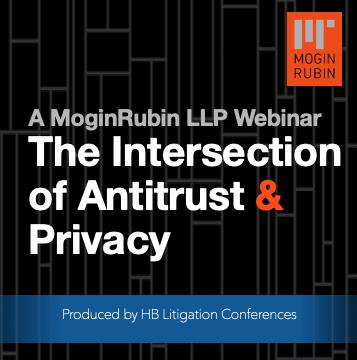FTC’s Case Against Facebook Will Test the Flexibility of U.S. Antitrust Law
MoginRubin LLP Washington, DC | San Diego Explore more from MoginRubin LLP! Blog: Emboldened by New Resources and Expanded Authority, Feds Continue 10-Year Look Back at Chinese Investment. By Dan Mogin, Jonathan Rubin, Jennifer Oliver, and Timothy LaComb. List OnDemand CLE Webinar: The Antitrust Case Against Google. Dan Mogin, Jonathan Rubin, Jennifer Oliver, Timothy LaComb, John Newman, Dr. Alan Grant Blog: FTC’s Case Against Facebook Will Test the Flexibility of U.S. Antitrust Law.Authors: Jonathan Rubin and Jennifer Oliver, MoginRubin LLP Blog: Full Ninth Circuit Removes Unwarranted Hurdles to Class Certification. Jonathan Rubin, Dan Mogin. Journal: Policy Derailed: Can U.S. Antitrust Policy Toward Standard Essential Patents Get Back on Track by Jonathan Rubin Webinar: Class Certification After Olean v. Bumble Bee with Jonathan Rubin, James Bogan lll, Jonathan Cohn, Bradley Hamburger. Journal: FTC v. Amazon: Market Definitions and Section 5 of the FTC Act Podcast: Algorithmic Software Facilitated Price Fixing with Jonathan Rubin Plus, additional insights from the MoginRubin Blog. FTC's Case Against Facebook Will Challenge the Adaptability of U.S. Antitrust Law Society leads, and the law follows. This is especially true in antitrust, where industries and markets undergo constant change brought about by innovation and changing consumer behavior. Confronted with ever evolving commercial circumstances, the courts face a constant struggle to keep up. With the filing of the antitrust cases against [...]










